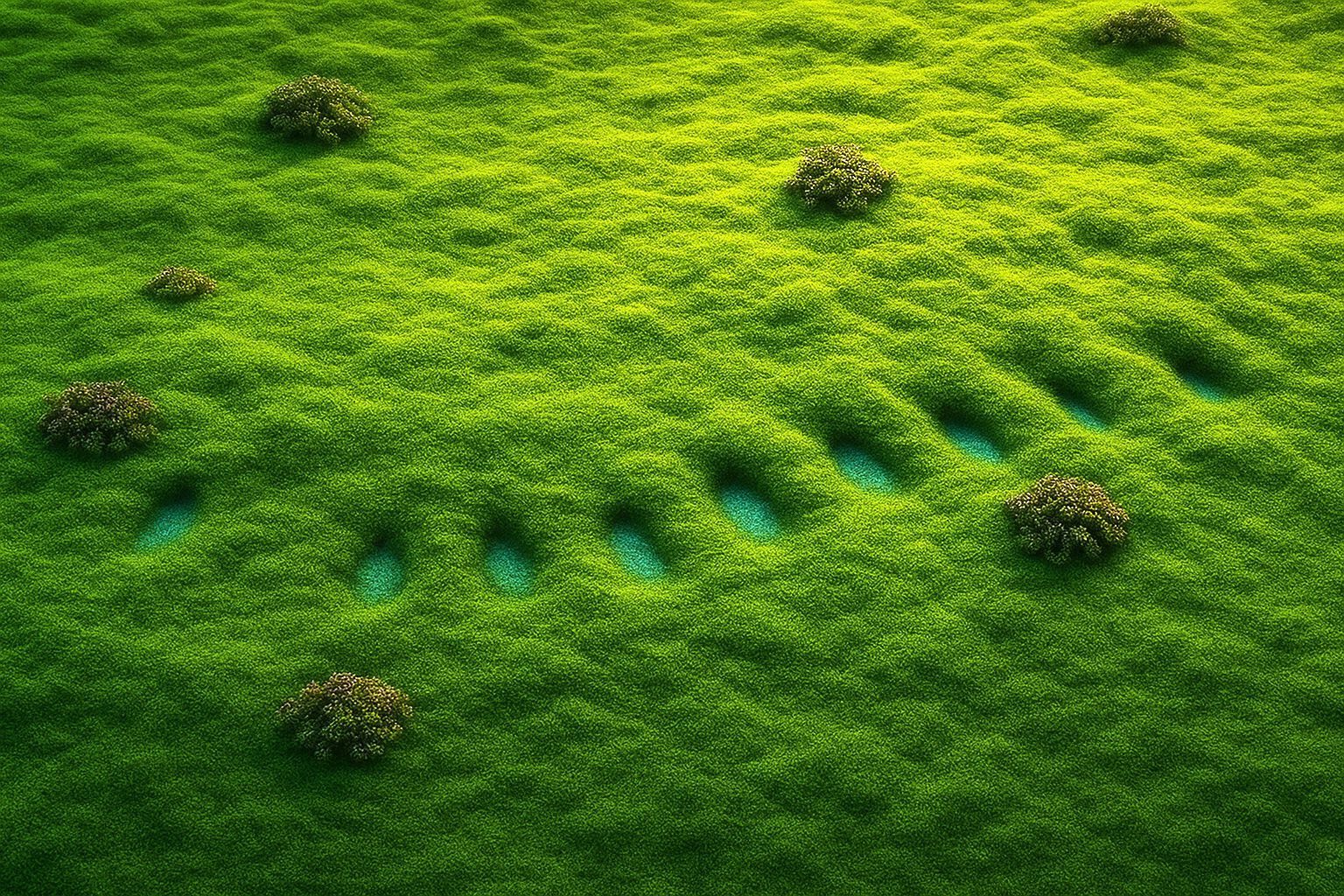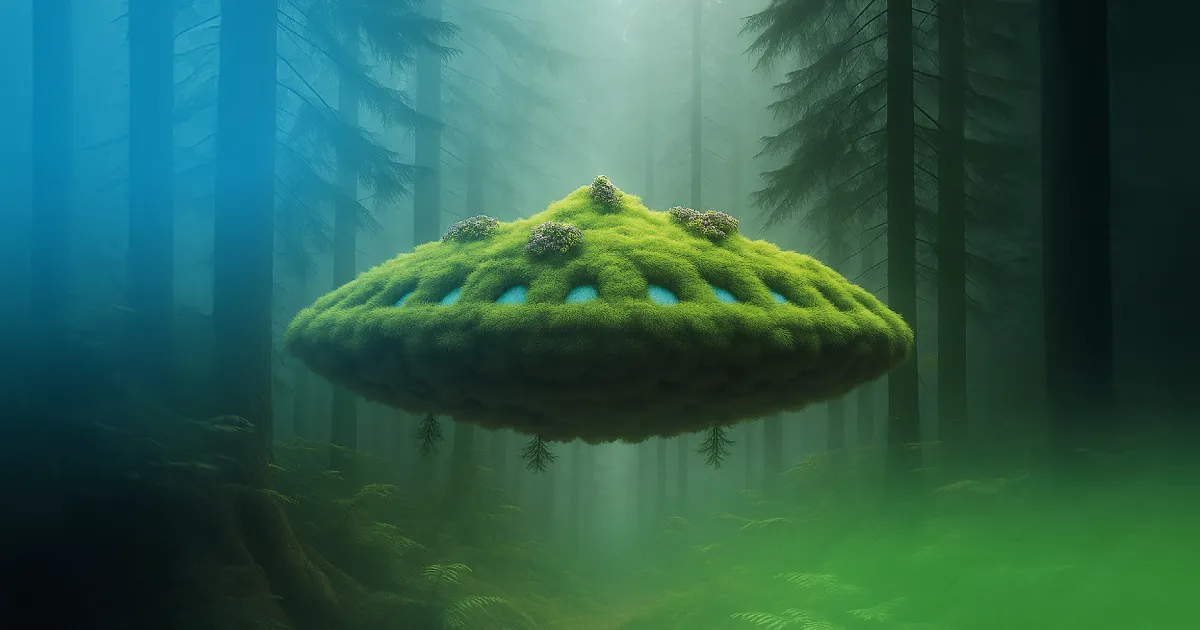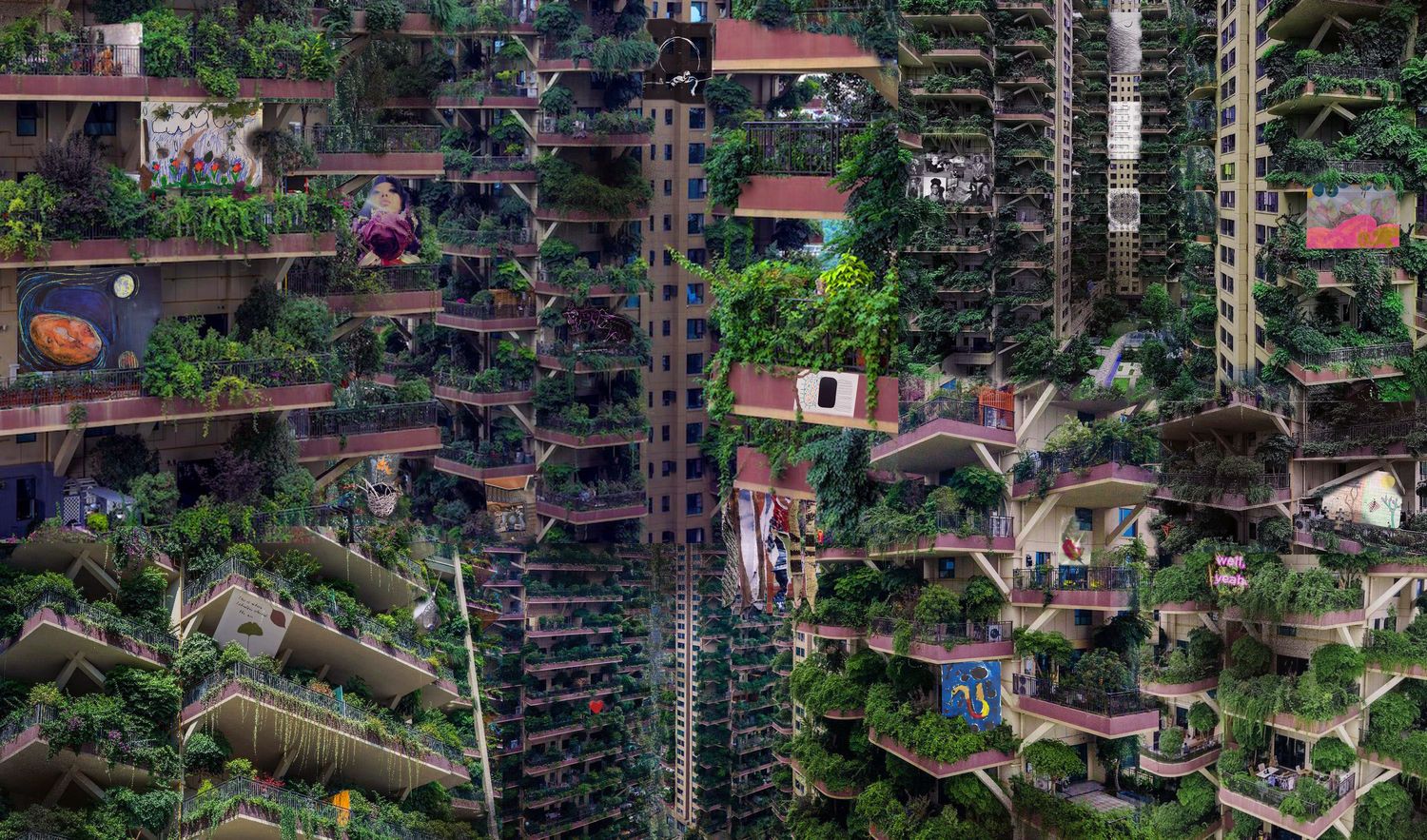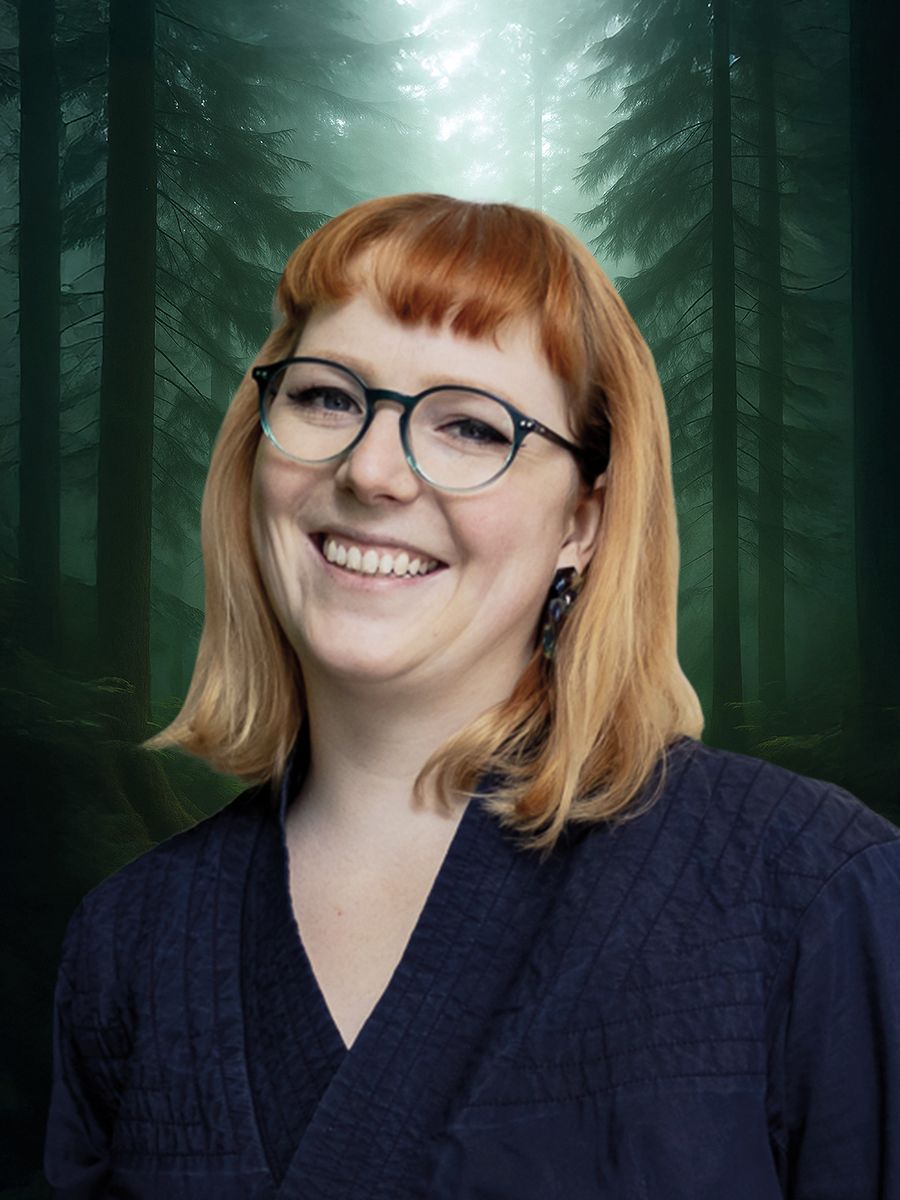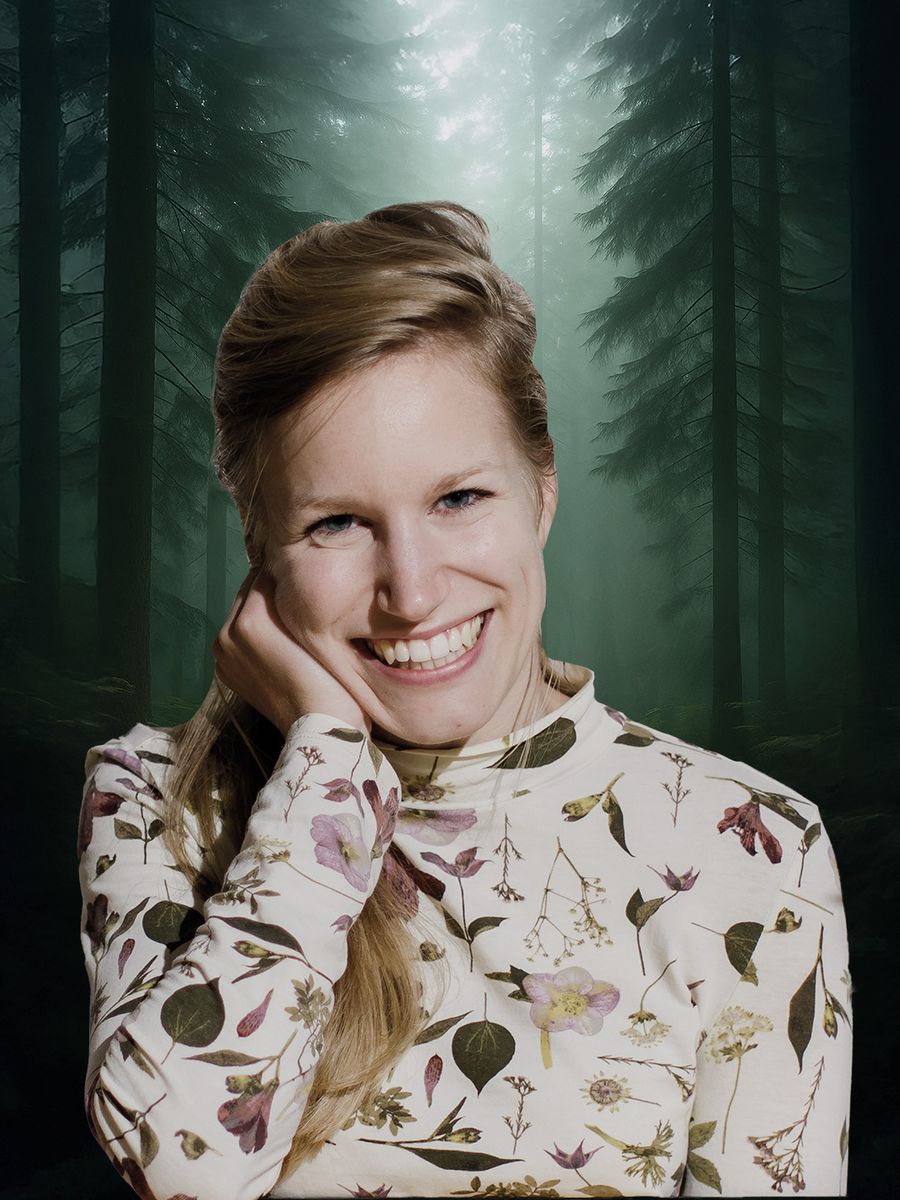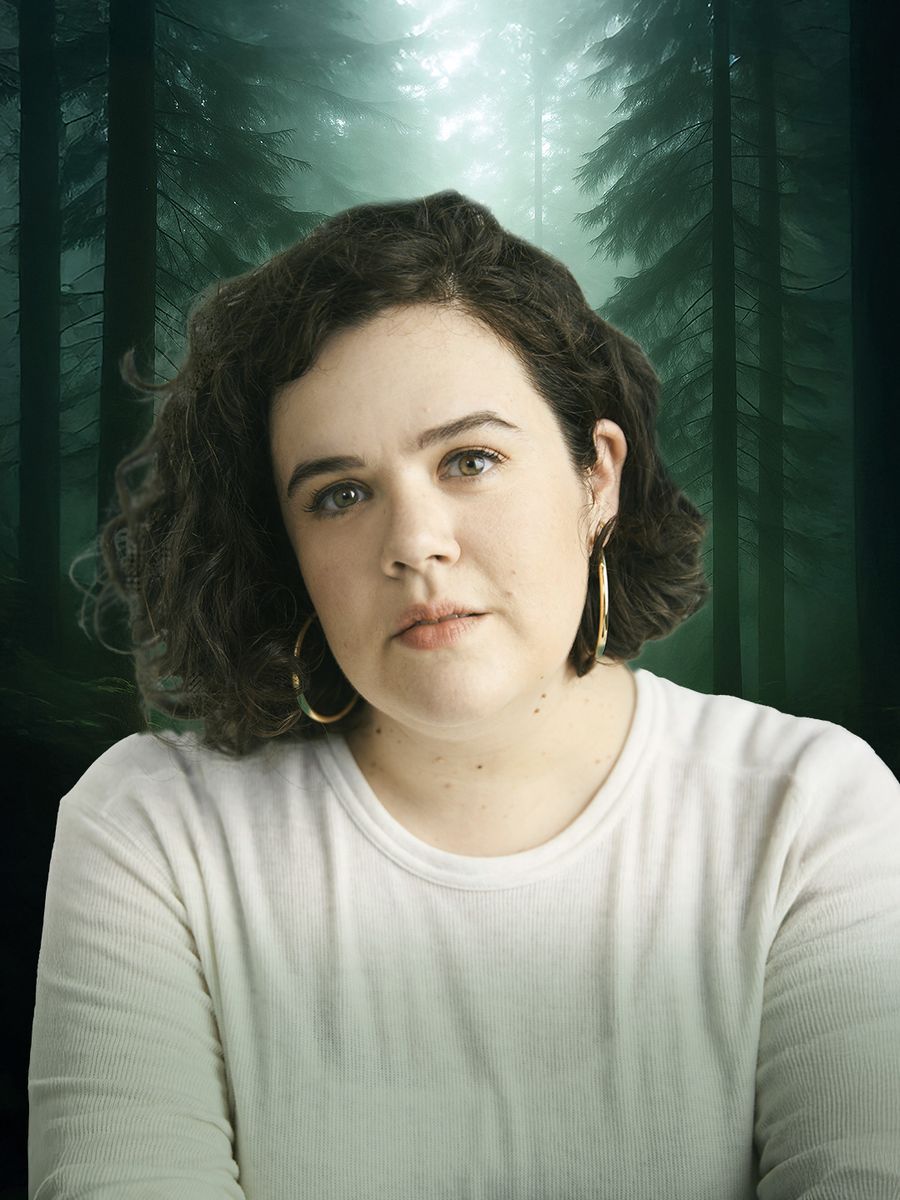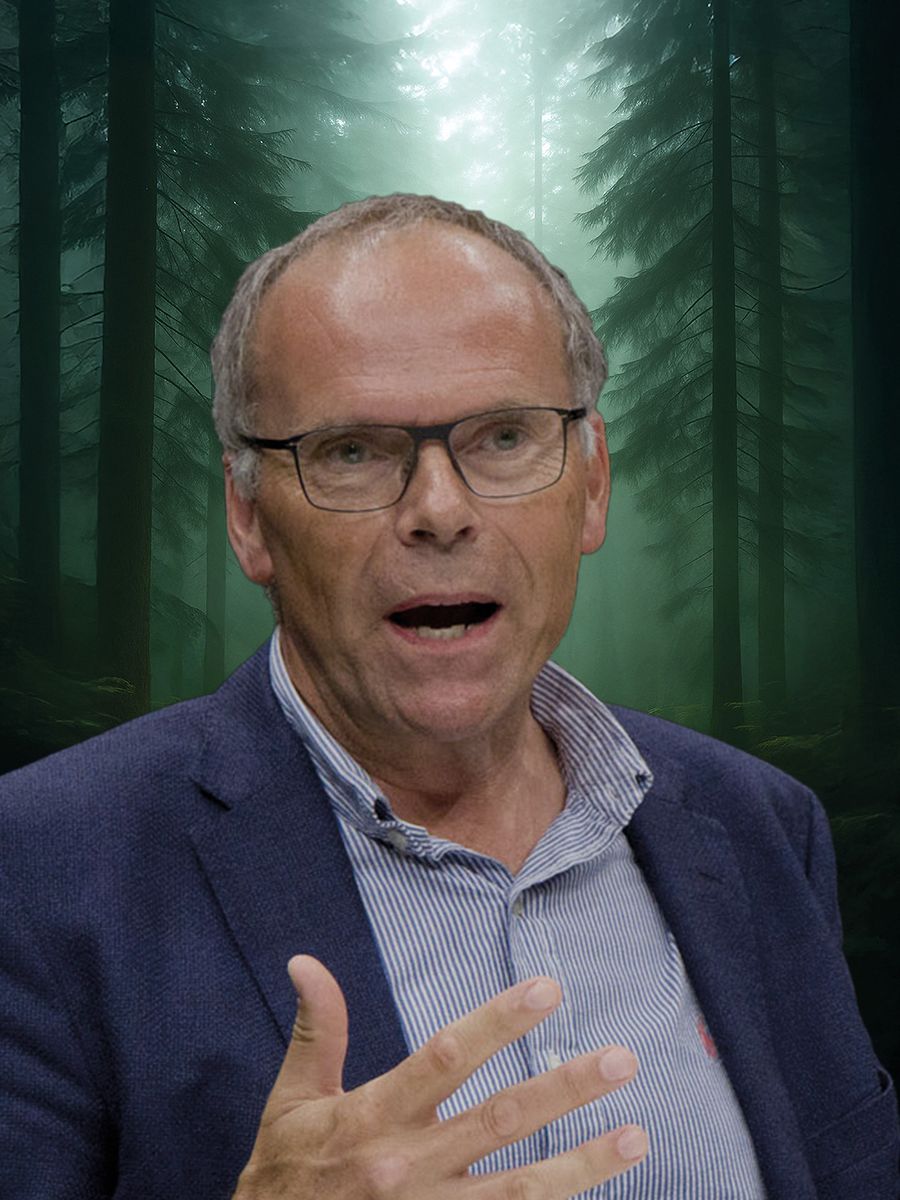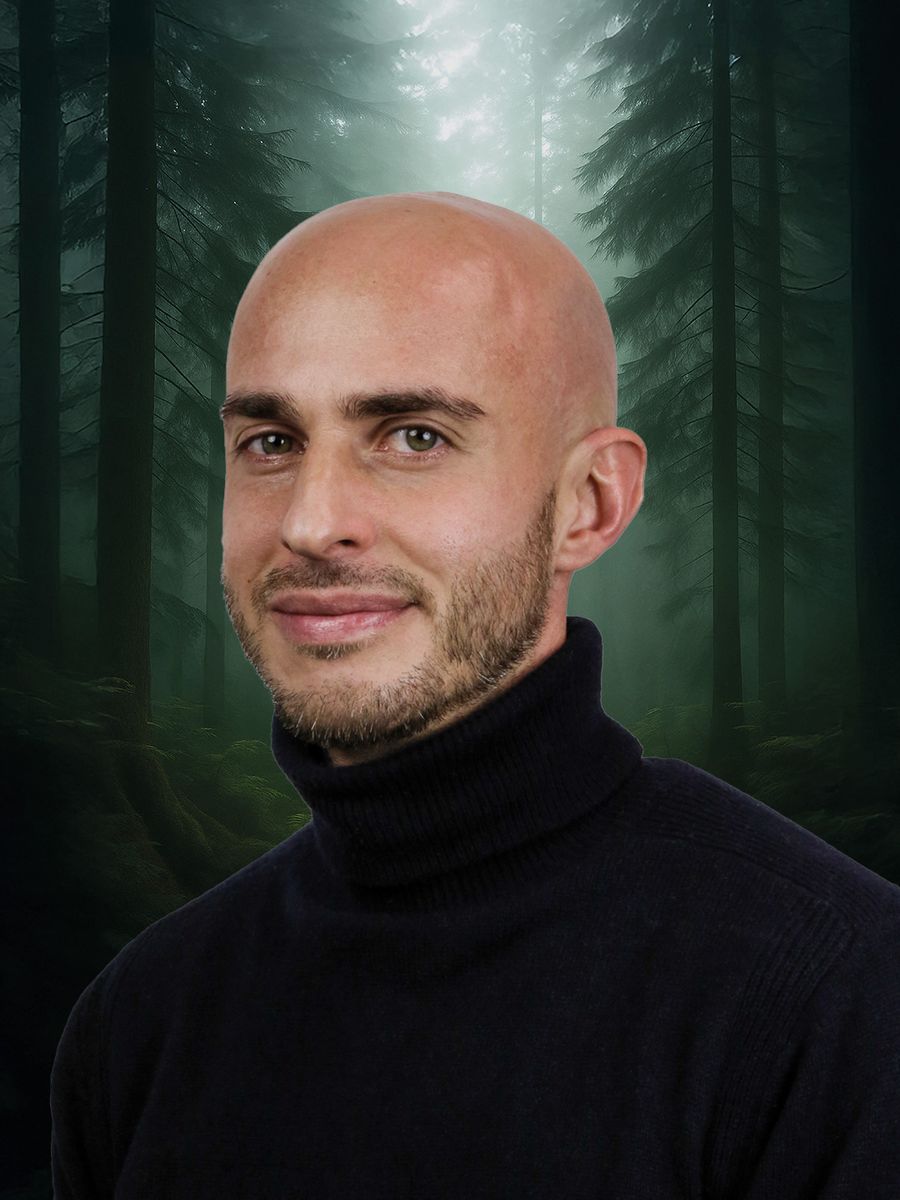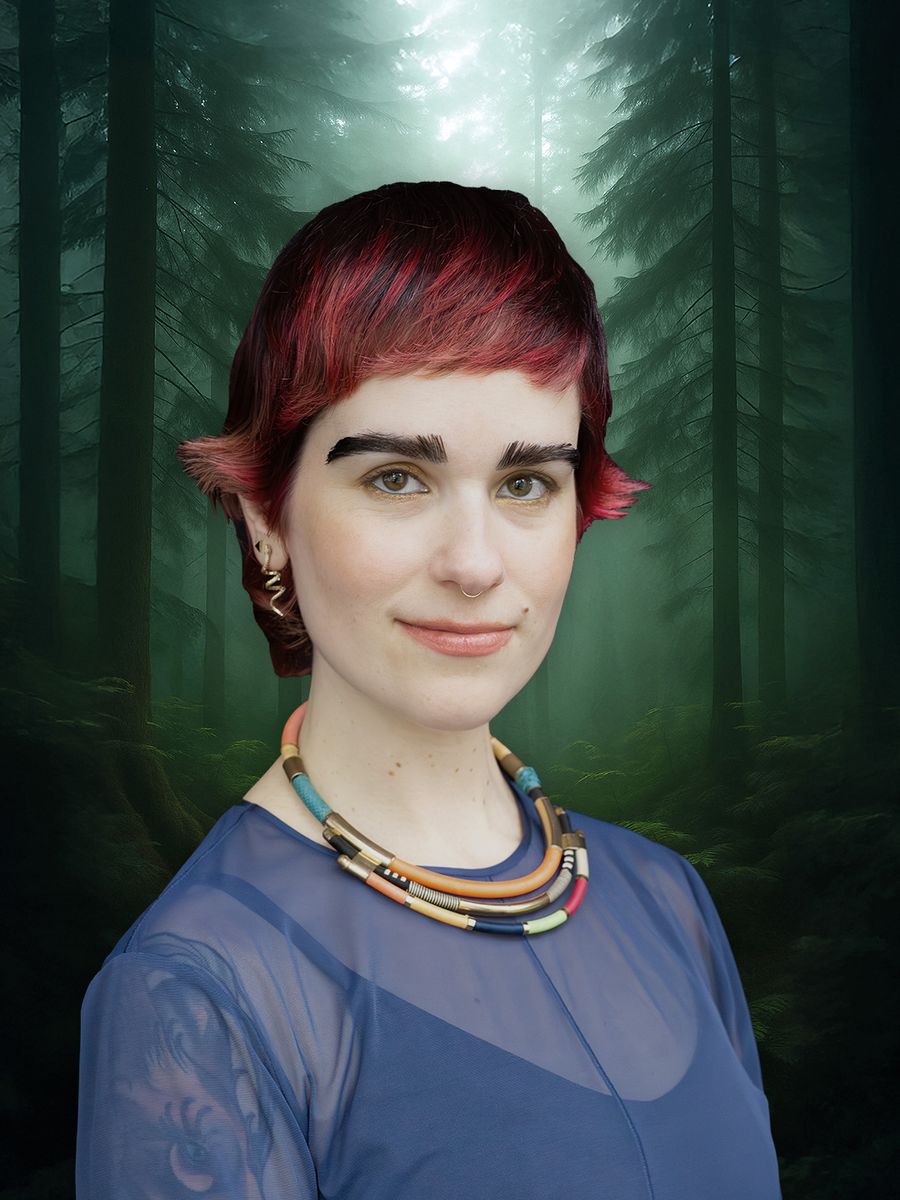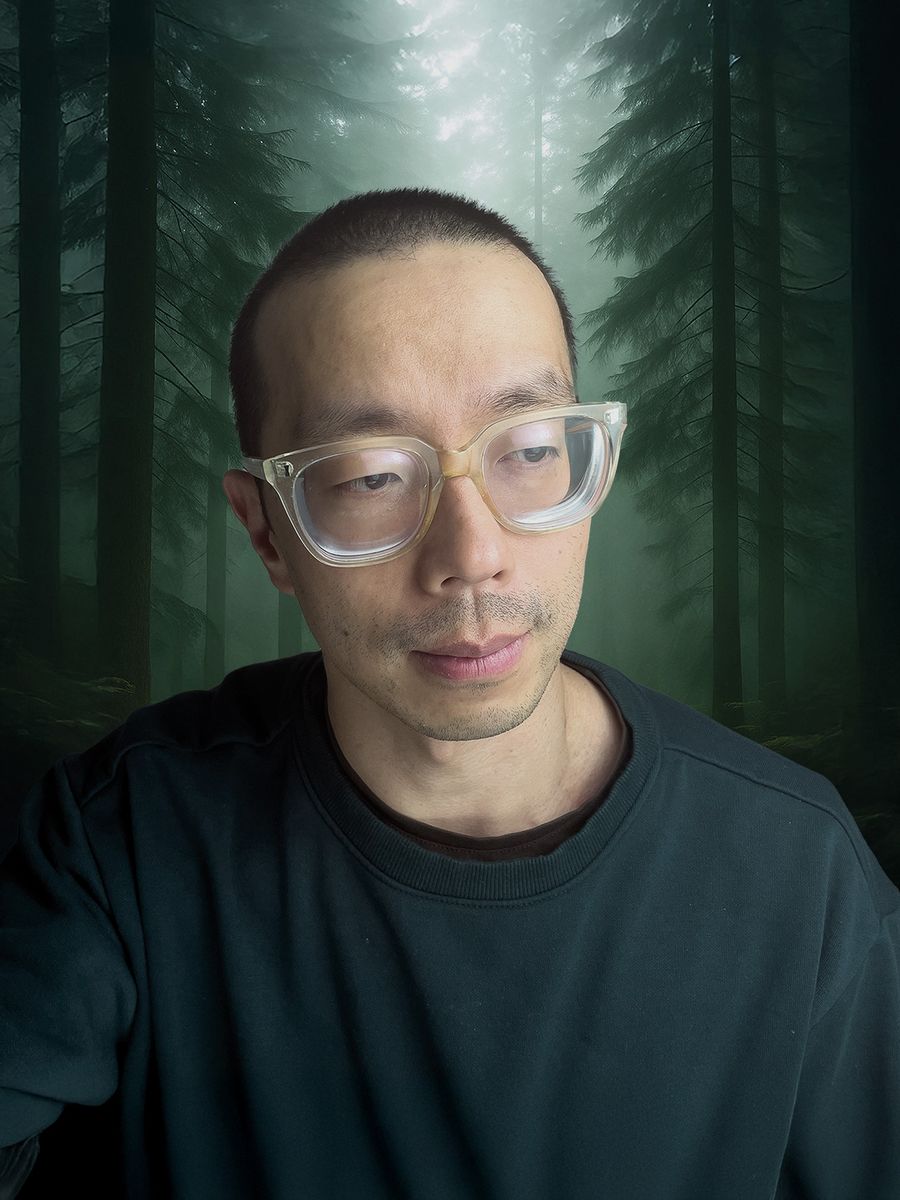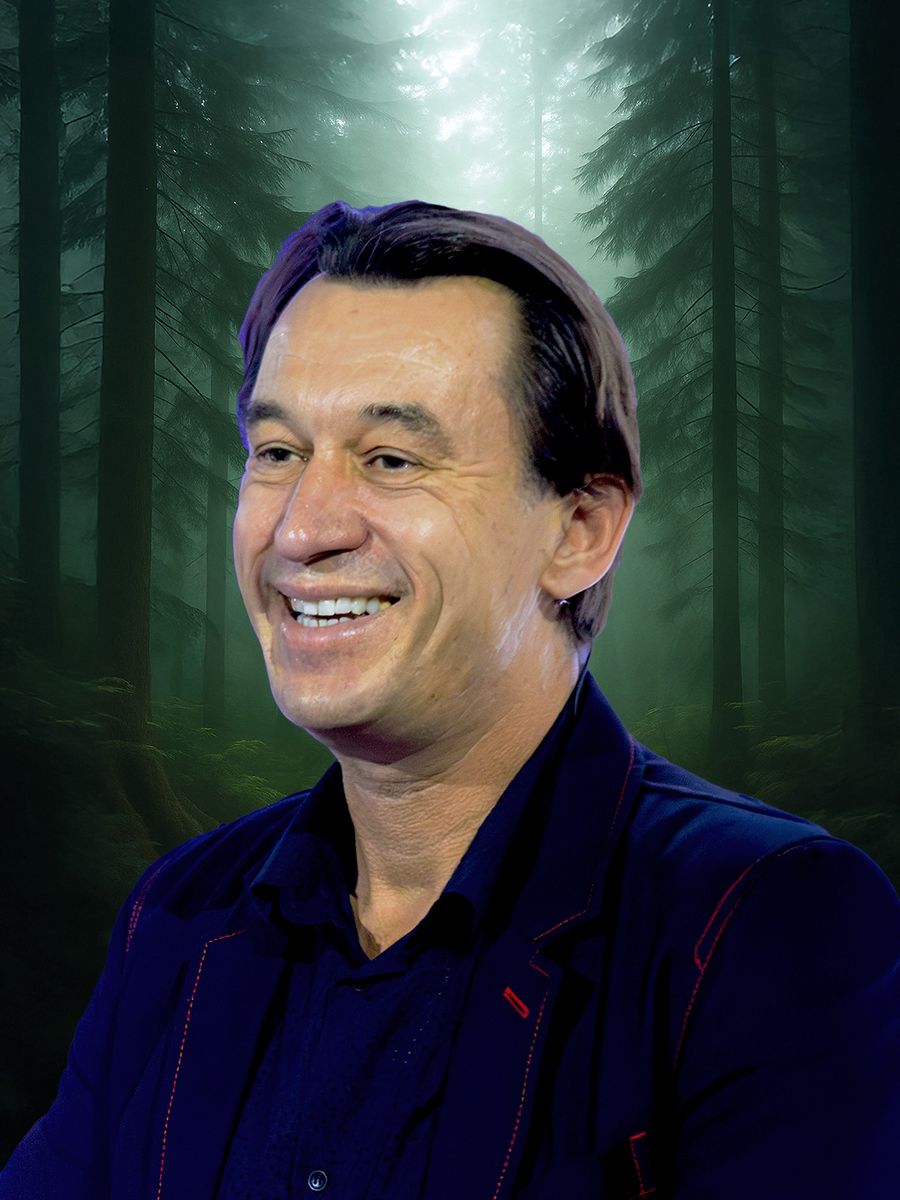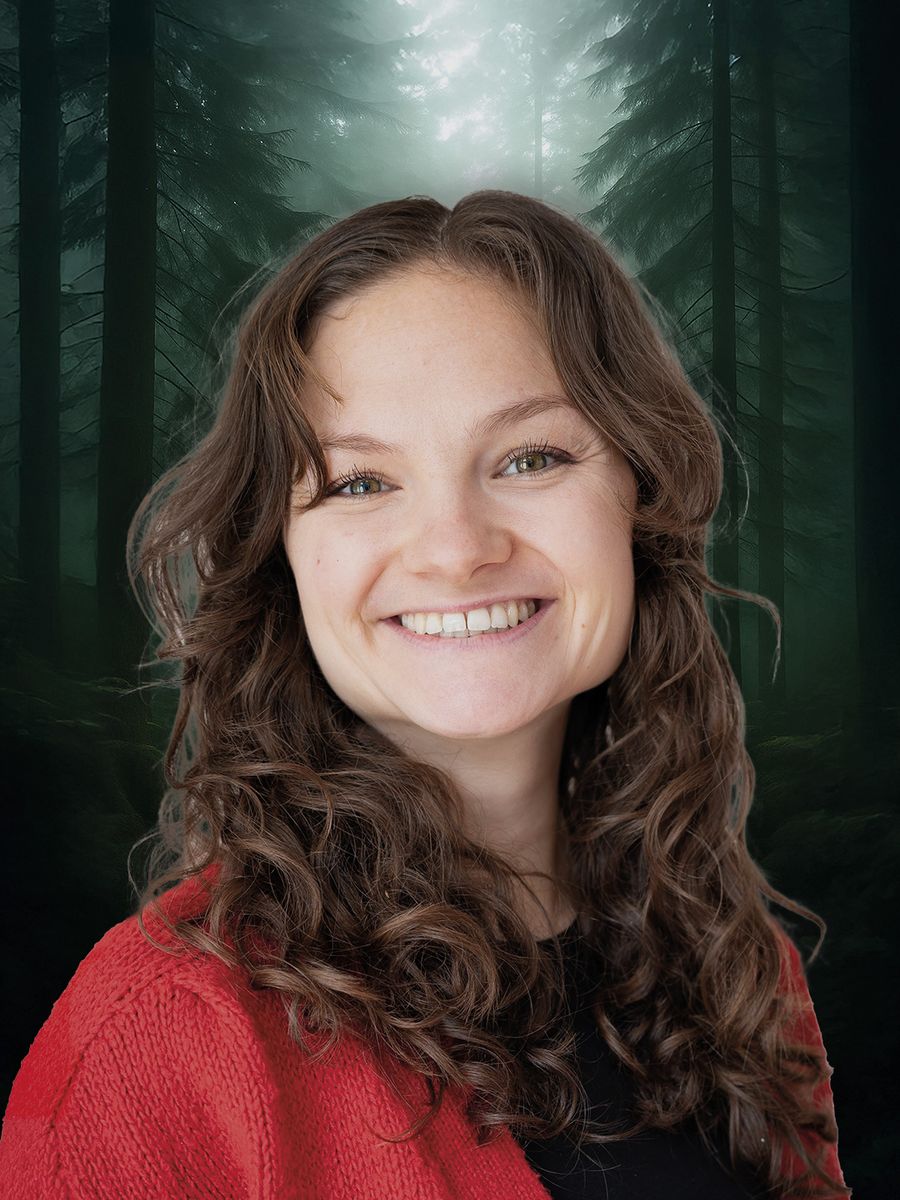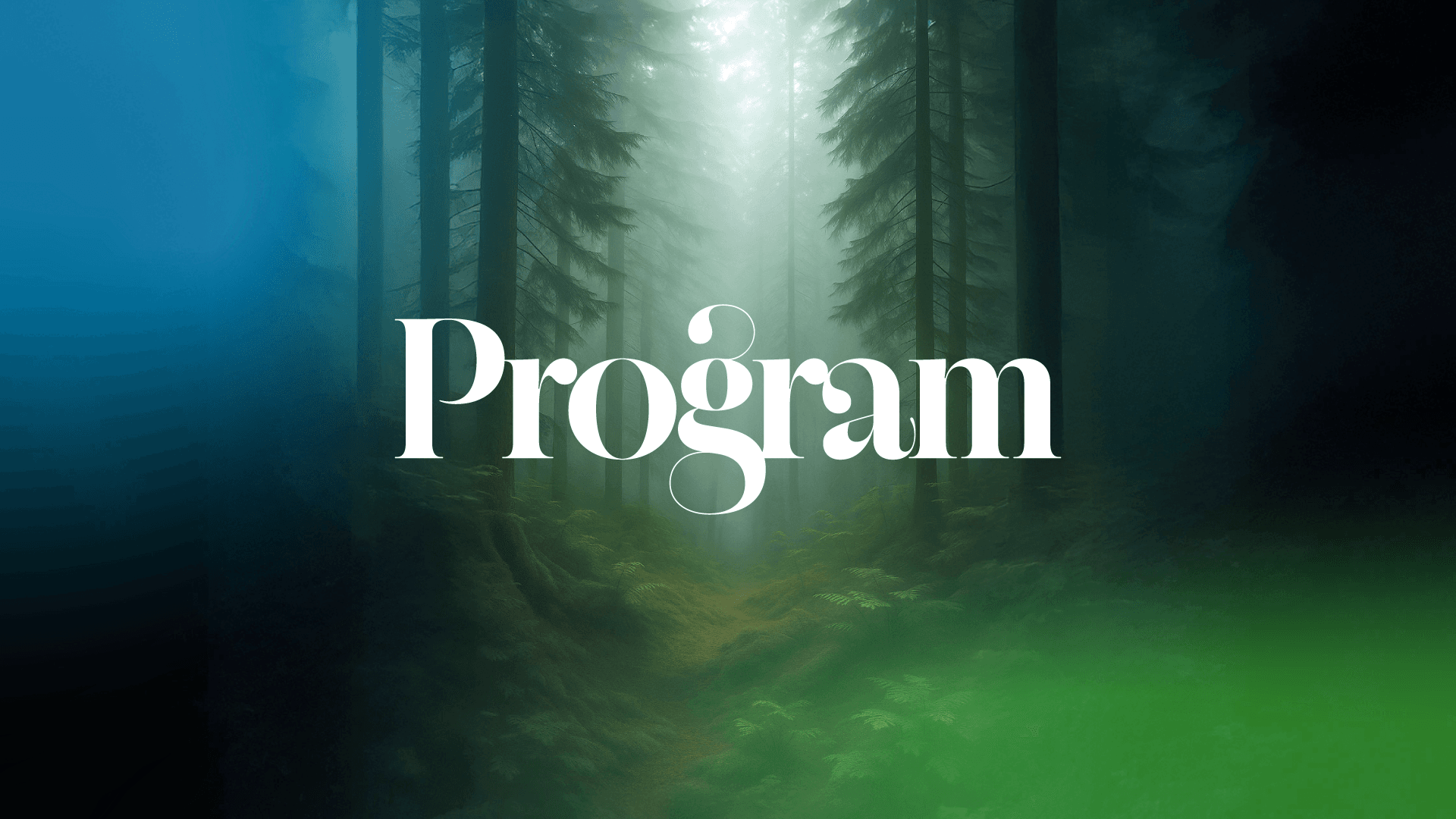
In fifteen years, biodesign has grown from a niche in DIY labs into a field where science, technology, and creativity converge. From mycelium to cultivated leather, living materials are finding their way into industrial applications — but they also demand care, empathy, and collaboration.
Led by moderator Jessie van Hattum, presentations from Biofabricate and contributions from speakers such as Raphael Kim, Ermi van Oers, Kit Baybrooke, Mark Post, and Maurizio Montalti offer in-depth insights into current themes including biodesign and AI, bio-energy, empathetic design, living materials, and systemic change.
| 14:30 - 15:00 | Doors open |
| 15:00 - 15.10 | Welcome by Koert van Mensvoort & Emma van der Leest |
| 15.10 - 15.45 | Talks by Raphael Kim, Kit Baybrooke and Ermi van Oers |
| 15.45 - 16.25 | Break |
| 16.25 - 17:15 | Talks by Dr. Amy Congdon, Maurizio Montalti and Mark Post |
| 17:15 - 17.30 | Closing & take aways |
| 17.30 - 18.30 | Drinks and Food |
| 18.30 - 19.00 | Talks by Klarenbeek & Dros |
| 19.00 - 21.00 | Friday Next | RaRaRadio, Co2RO, Miss Milivolt, Embla & Kaikō cola |
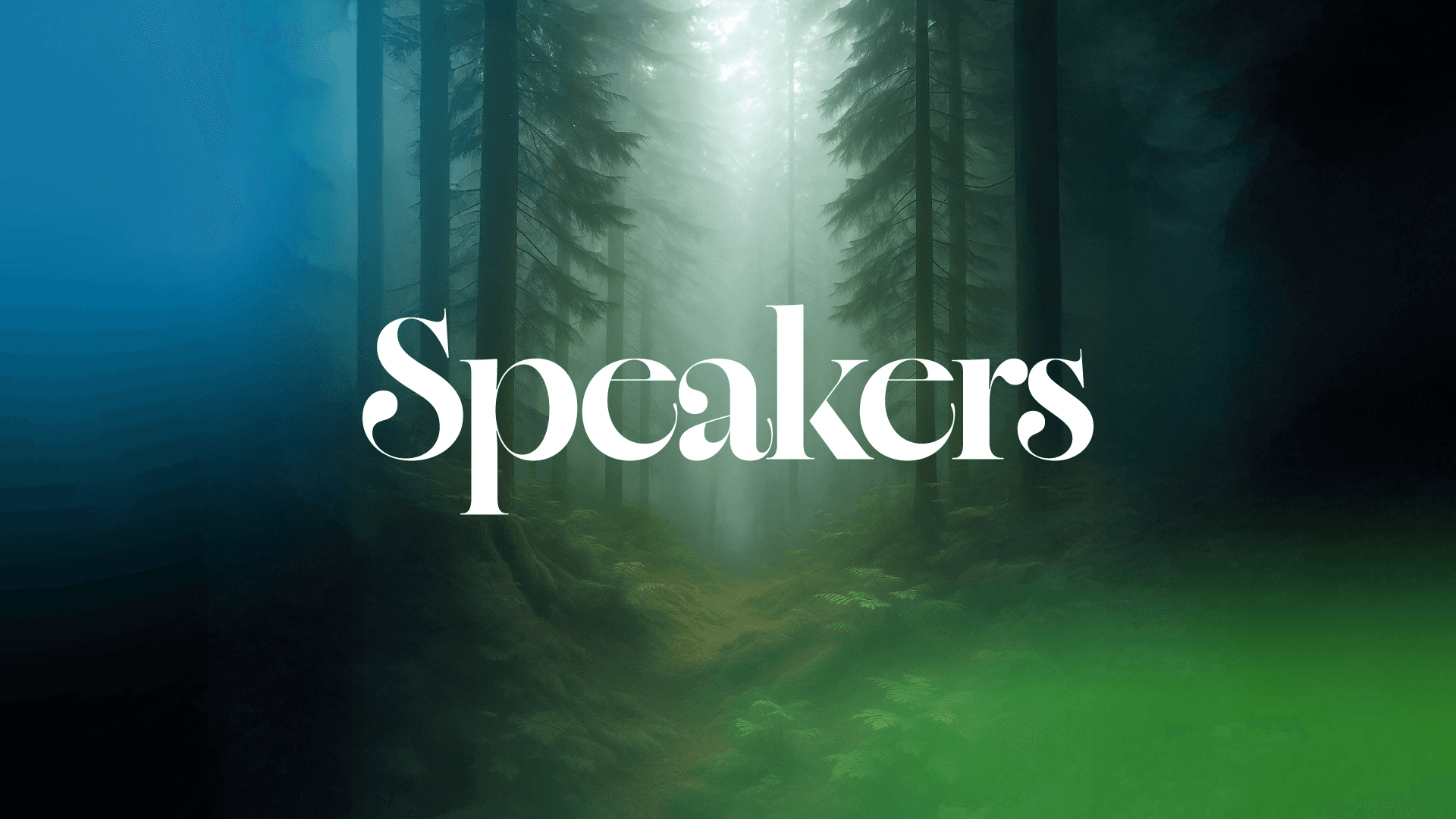
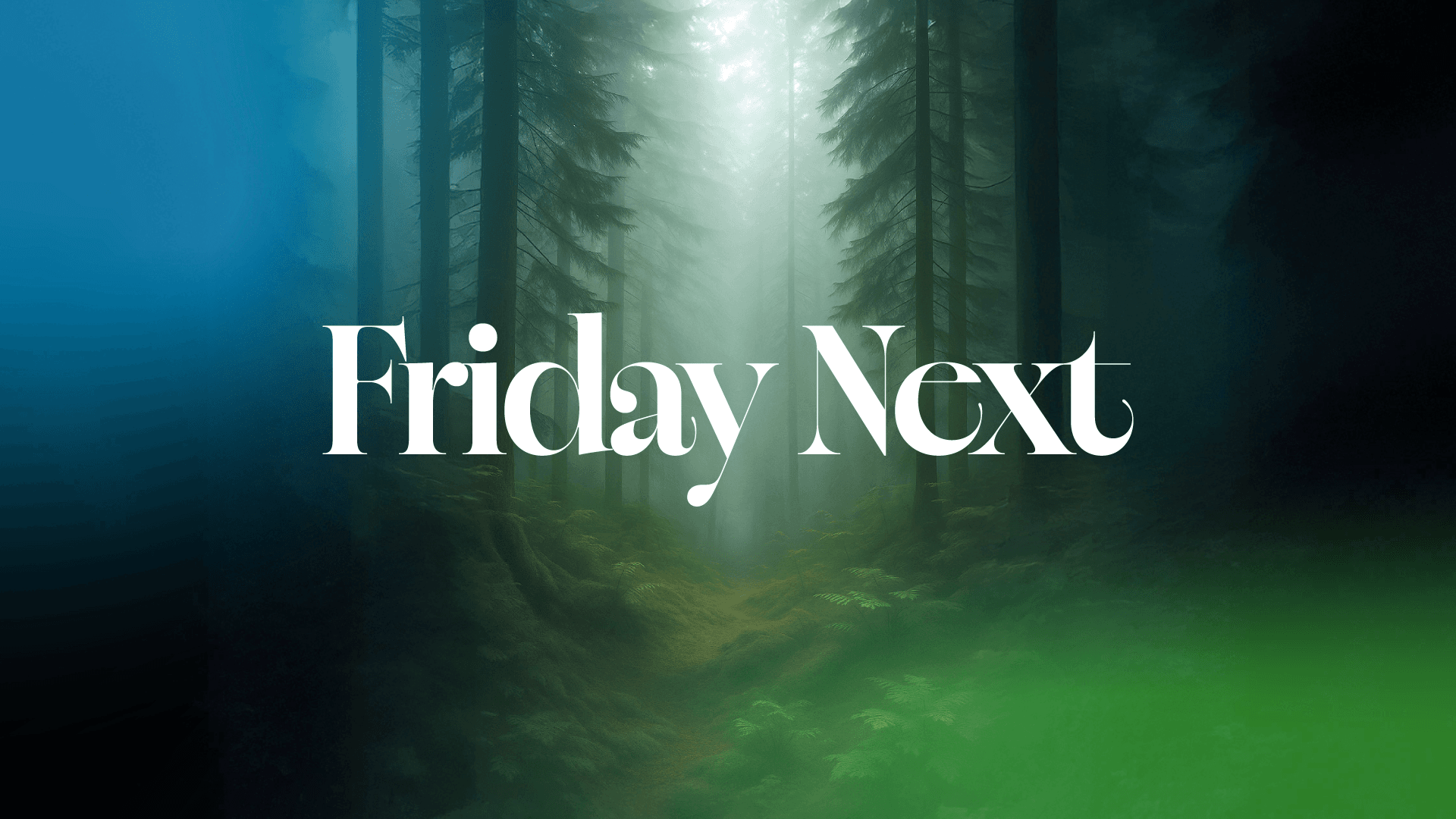
Claim your ticket for the Next Nature Conference 2025 – Bio Design, and we’ll give you Friday Next – Future Bio Design as a gift!
This evening-long program at the Next Nature Museum takes place during Dutch Design Week and offers an inspiring mix of design, nature, and music. Be surprised by a presentation from the design duo Klarenbeek & Dros, pioneers in working with living materials. Wander through our museum, dance to experimental beats, and meet fellow future thinkers in a place where technology and ecology come together.
